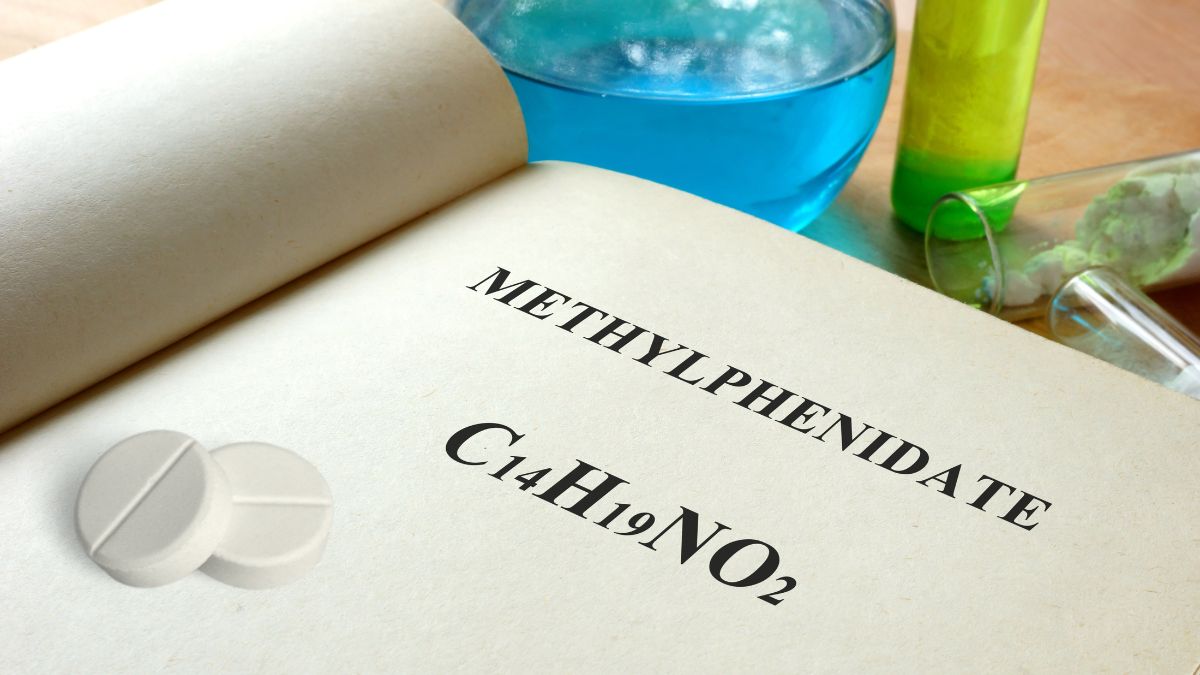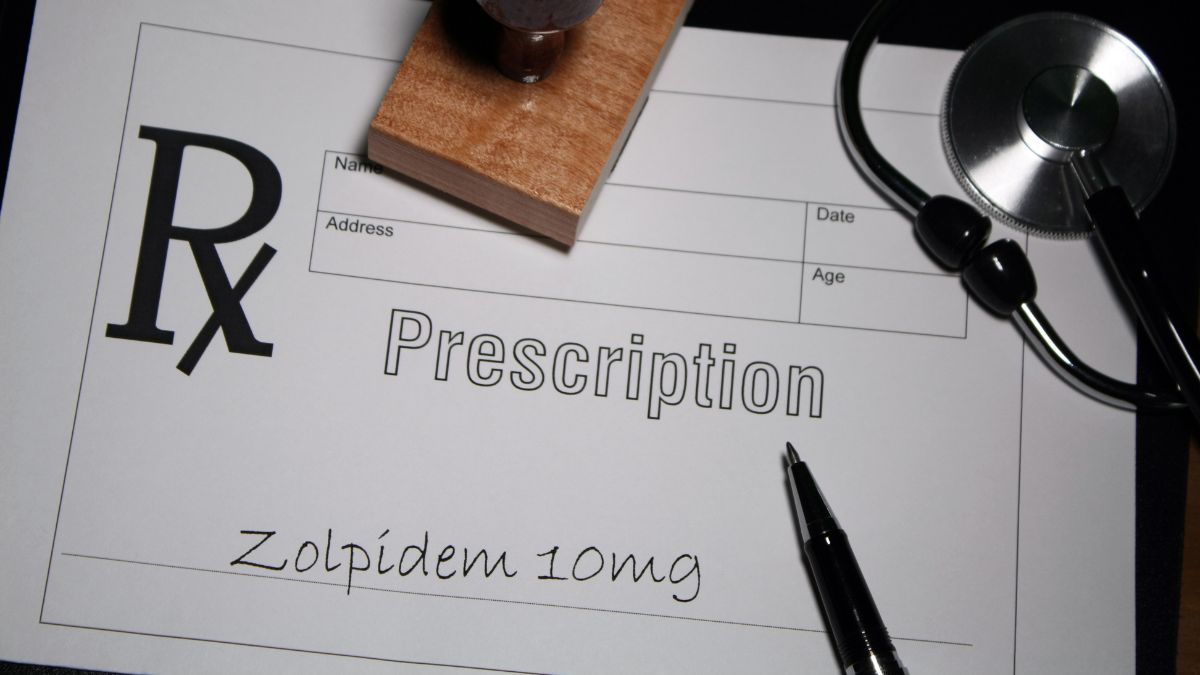Narcissism or narcissistic personality disorder (NPD) falls under the second cluster of personality disorders, characterized by an inflated sense of self, where a person believes they are superior to others. While a serious mental health condition in itself, experts have suggested that there is a disturbing link between narcissism and substance use disorders, wherein both feed off the other and worsen the symptoms.
In this blog, we will explore the link between narcissistic personality disorder and substance abuse, and the way forward for you or a loved one who has received a dual diagnosis of both.
Understanding Narcissism: Key Traits and Behaviors
Narcissistic personality disorder, often referred to as narcissism or NPD, stems from the myth of Narcissus. As per Greek mythology, Narcissus was a handsome young man who fell in love with his own reflection in the river and wasted away by himself, never having been able to reach this unattainable image. Keeping in line with the story, NPD is characterized by a bloated sense of self and superiority that keeps one craving for admiration and validation from others. When this does not happen, they often become disappointed or unhappy.
NPD symptoms typically appear between late adolescence and early adulthood. Young persons with this personality disorder are preoccupied with beauty, power, and success. This preoccupation can often manifest as deviant behavioral traits, where they become arrogant and demanding. They bask in their own sense of accomplishment while demeriting others. Their personality traits make it difficult for them to develop and maintain interpersonal relationships - be it familial, platonic, romantic, or other social relationships.
The unfortunate thing about NPD is that while it becomes evident to others who spend time with them, the person struggling with this disorder often does not see anything wrong with themselves. This is why many cases of NPD go undiagnosed and untreated.
Call Design for Recovery to Begin Your Healing Journey!
Reach out to our team to discuss sober living options and next steps toward a healthier routine.
How Narcissism Influences Addiction Risk?
There is a link between narcissism and alcoholism or drug use. While it cannot be definitively said that one leads to the other, experts have suggested certain possibilities that are as follows:
- Narcissism and addiction have similar risk factors that can lead to the development of both.
- The high from substance use can lead to more pronounced narcissistic personality traits. For instance, as alcohol lowers inhibitions, a narcissistic alcoholic can further gloat in their already inflated sense of self under the influence of the substance.
- Narcissism can enable substance use behaviors, as psychoactive substances like alcohol and drugs offer an escape from reality where they can further bask in their delusional sense of self.
So, there is a connection between narcissistic personality disorder and substance abuse, where each can influence and worsen the other, leading to this vicious cycle from which there seems to be no escape. However, both of these co-occurring conditions or disorders can be effectively treated with psychotherapy, medication, and social support. We will explore the road to recovery further below.
Challenges in Treating Individuals with Narcissism and Addiction
As we told you, narcissism often goes undiagnosed and untreated, as someone with NPD rarely finds anything negative about their personality or behaviors. Complicating this is the fact that narcissism itself is of two types - overt and covert. Overt narcissists openly seek attention and admiration, while covert narcissists have the same bloated sense of self as overt narcissists do, but they are more likely to be manipulative and passive-aggressive. While overt narcissism may be more evident, covert narcissism is more opaque. Therefore, treating a covert narcissist and addiction becomes even more challenging.
While NPD is a complicated disorder to diagnose and treat, addiction complicates this even further because of the following reasons:
Denial:
Narcissists rarely recognize their negative personality and behavioral traits. Therefore, they are more likely to be in denial of their substance use struggles as well.
Coping Mechanism:
Alcohol or drug use becomes a coping mechanism for narcissists to preserve and thrive on their bloated sense of self. It blunts the effects of any perceived threat to their sense of self as well.
Escape:
Narcissists are often plagued with an underlying sense of insecurity. In other words, their narcissistic traits are often a facade. Alcohol or drug use provides temporary relief or escape from these insecurities.
Contact Design for Recovery Today!
Fill out our quick form to connect with a peer mentor and learn how our sober living community supports accountability, structure, and personal growth in recovery.
Effective Strategies for Recovery and Support
Narcissism and addiction can become an endless, vicious cycle. But it does not have to. Both of these disorders can be treated effectively with:
Specialized Treatment:
Many treatment centers offer dual diagnosis treatment where both narcissistic personality disorder and substance abuse are treated simultaneously for a wholesome, lasting recovery.
Psychotherapy:
Psychotherapy or therapy is the cornerstone of treating both narcissism and addiction; specifically, cognitive behavioral therapy is effective in treating NPD.
Group Therapy:
As narcissists often struggle with empathy and understanding others, group therapy is effective in developing social skills.
Medication Management:
No medication is available for NPD, but they can be used to treat the symptoms of substance use disorders. If one condition is controlled with medication, treating the other one often becomes easy.
Ongoing Care:
Treatment for NPD and substance use does not end with a recovery program, as ongoing therapy and regular follow-ups can be beneficial.
The Role of Therapy in Managing Co-Occurring Narcissism and Addiction
Therapy is the cornerstone of managing co-occurring disorders of narcissism and addiction. Individual therapy is complemented with group therapy sessions. Motivational interviewing is a therapeutic technique used to engage clients in their own care and identify their personal motivations to lead them toward their recovery goals. Meanwhile, cognitive behavioral therapy is highly beneficial in changing the thinking patterns underlying both narcissistic personality disorder and substance abuse. It also equips the person with coping skills to manage triggers, temptations, and other life stressors.
Recognizing Warning Signs of Narcissism in Loved Ones with Addiction
While not everyone with substance use struggles with narcissism or vice versa, you can spot the signs of substance abuse pretty clearly. But narcissism can require more of a keen eye, and here are some commonly recognizable signs you can look out for:
- Grandiose sense of self
- Lack of empathy
- Sense of entitlement
- The constant need for attention, admiration, and validation
- A willingness to exploit others
- Jealousy toward others manifests in belittling or demeriting behaviors.
When you are dealing with a loved one who is not only struggling with substance use but also narcissism, this can be a stumbling block in seeking the care they need and deserve, as narcissists are often in denial of both their narcissism and addiction. It makes it very difficult for them to acknowledge their shortcomings or weaknesses. This is why getting them the care they need is crucial, as it is designed to confront them with the reality of their condition, albeit in a non-confrontational manner. As a loved one, your goal will be to express love and concern while encouraging them to seek mental health care.
At Design For Recovery, we understand the need for integrated care options for those struggling with a dual diagnosis. Therefore, we offer sober living homes where you or your loved one can relax and recover from both narcissistic personality disorder and substance abuse as you transition back to independent living after dual diagnosis treatment. You will also have a clinically experienced staff and an understanding sober community by your side on this journey. So, please do not hesitate to call us today to learn more.
- Understanding Narcissism: Key Traits and Behaviors
- How Narcissism Influences Addiction Risk?
- Challenges in Treating Individuals with Narcissism and Addiction
- Effective Strategies for Recovery and Support
- The Role of Therapy in Managing Co-Occurring Narcissism and Addiction
- Recognizing Warning Signs of Narcissism in Loved Ones with Addiction
Begin Lasting Sobriety Now!
Frequently Asked Questions
Yes. Narcissism can have an impact on one’s recovery from addiction. People with narcissism and addiction frequently seek something to fill their internal void. They mostly look to illegal drugs and alcohol to fulfill this need.
Moreover, narcissistic individuals think they are more capable than others of dealing with the effects of drug abuse and alcohol. They think too highly of themselves and believe they can handle substance use without help from others. This behavior leads to a destructive addiction cycle.
Individuals with narcissism are willing to put themselves in risky situations to feel superior. According to research, narcissistic individuals are more prone to engage in impulsive and abusive behaviors when using drugs, alcohol, gambling, and social media, increasing their risk of addiction.
However, it is essential to note that not all narcissistic people easily develop an addiction.
People with narcissistic personality disorder use substances to cope with their negative affect and emotions. Because they mask their self-esteem issues, people with a narcissistic personality disorder often turn to drugs, alcohol, or other addictive substances to feel validated and compensate for an unstable sense of self-worth.
Grandiose narcissism has been linked to drug abuse, alcohol use, compulsive working, pathological gambling, smartphone usage, compulsive shopping, and social media addiction. People with narcissism may have impaired control of substance use and turn to these substances to minimize feelings of inferiority that fluctuating self-esteem can bring about while also achieving a state of superiority over others.
https://www.psychiatry.org/patients-families/addiction-substance-use-disorders/what-is-a-substance-use-disorder
https://www.ncbi.nlm.nih.gov/books/NBK556001/
https://pmc.ncbi.nlm.nih.gov/articles/PMC6757332/







Written By
David Beasley